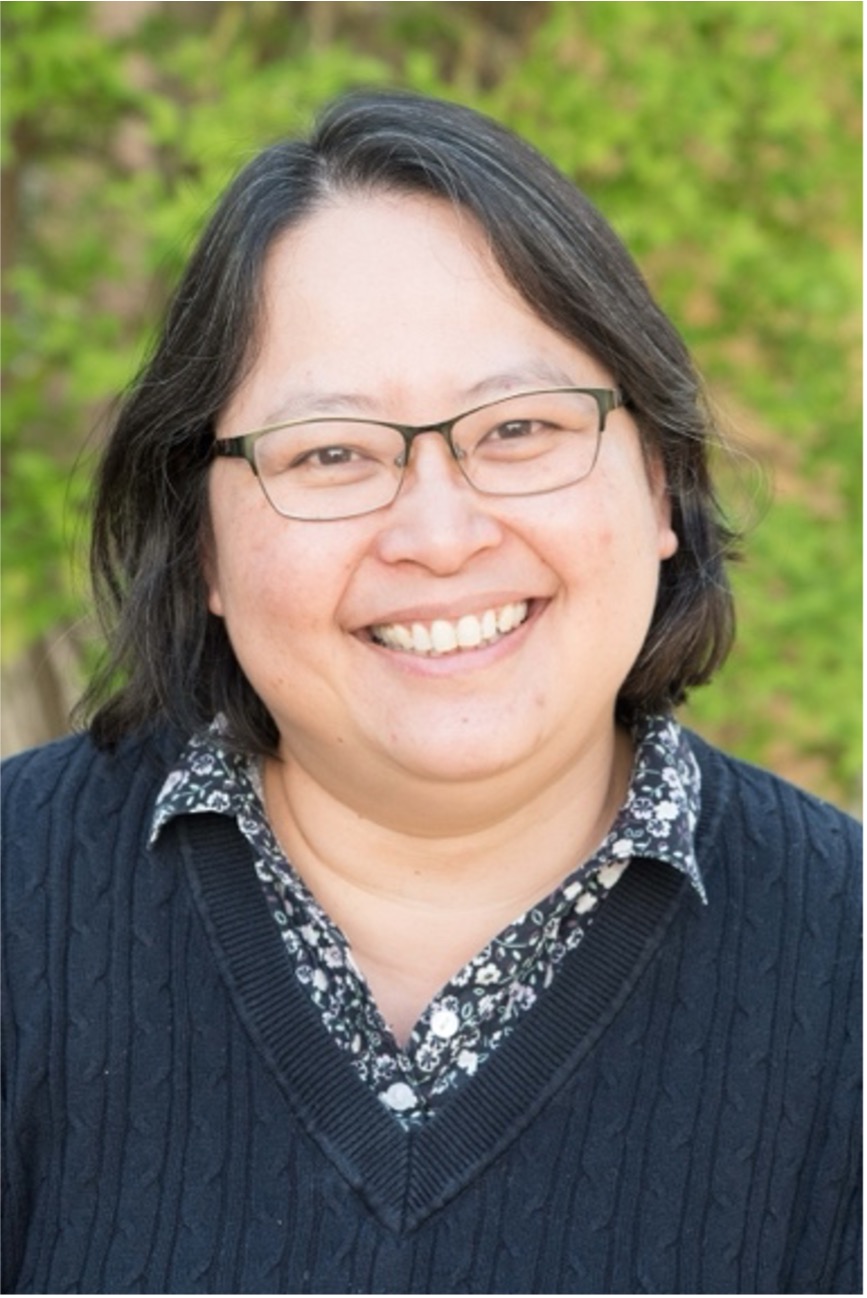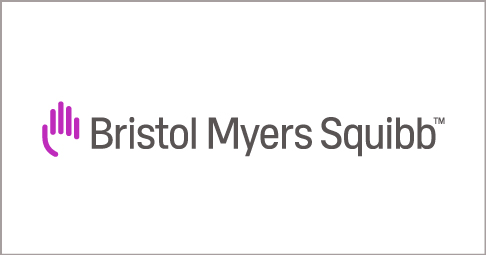
Therapy resistance in Acute Myeloid Leukaemia (AML)
One such fellow is Dr Lynn Quek, a Medical Research Council (MRC) clinical scientist and consultant haematologist, with a special interest in Acute Myeloid Leukaemia (AML) - the most common and aggressive blood cancer in adults, which is incurable in most patients. Her research has explored what happens when patients stop responding to treatment.
Some AML patients have genetic mutations that stop bone marrow cells from differentiating, or maturing, into blood cells. Instead, these immature cells accumulate in the bone marrow and blood, which is a hallmark of AML.
Dr Quek and her team were able to identify, for the first time, that therapy resistance occurs when some of the clones - AML cells from the same patient that are grouped into families which share genetic mutations - develop additional mutations. This may help in designing future therapy trials to overcome therapy resistance.
We’ll continue to work with researchers to better understand drug resistance and find ways to overcome it, so we can continue on our journey to transform patients’ lives.
Because there is more to do.
